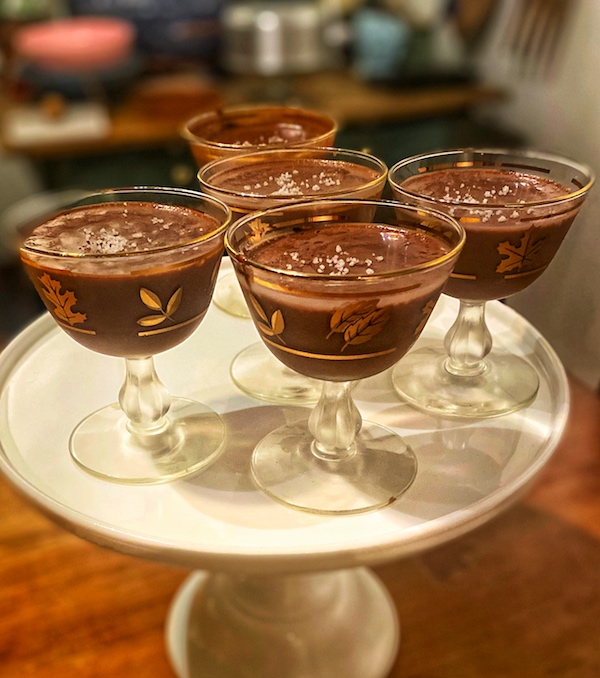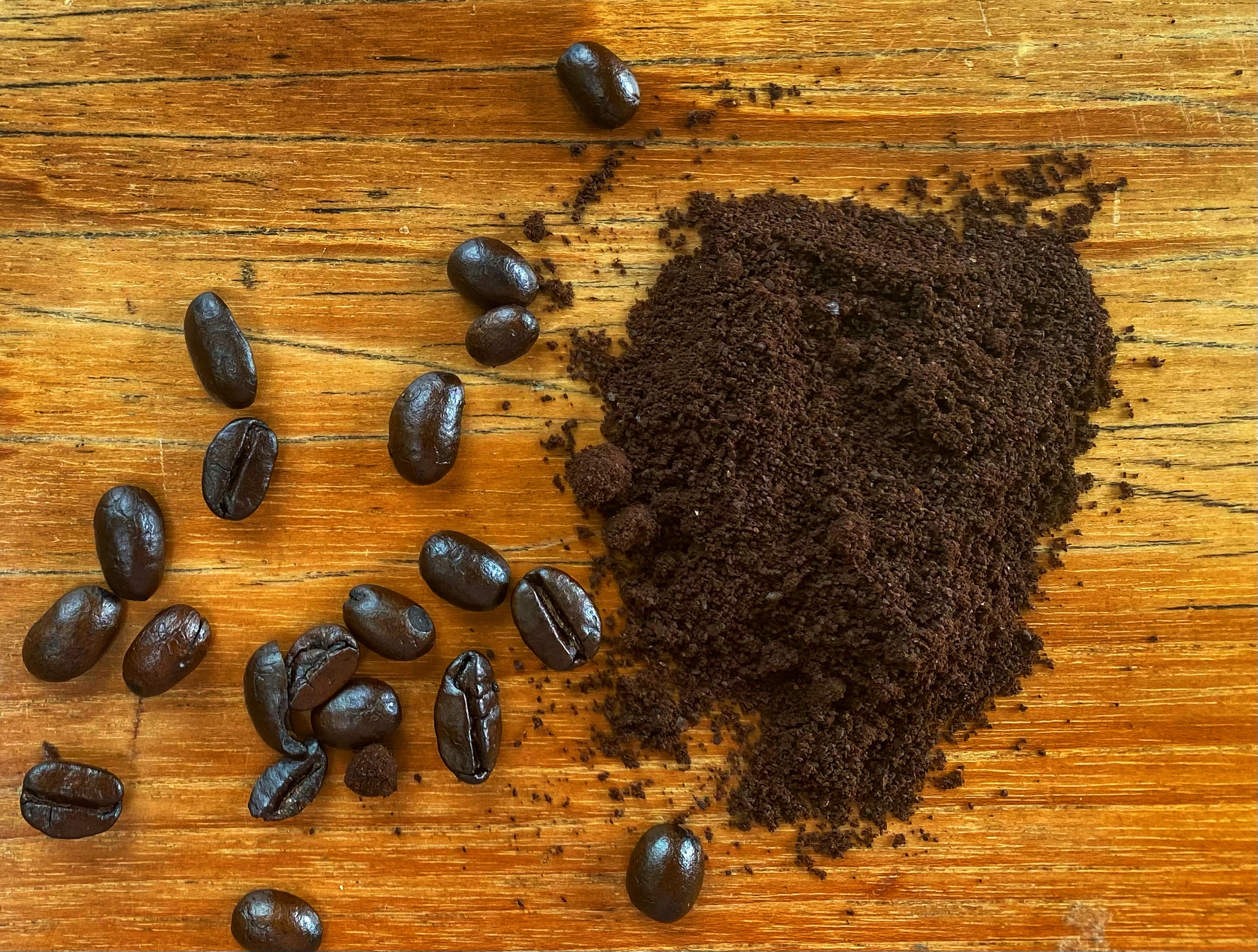New Study Reveals Ills of Pesticide Use
The story begins:
Relatively low-level exposure to common pesticides — probably from residues on foods — doubles kids’ risk of ADHD, Harvard researchers find.
I could just stop there – I don’t need any more information.
One of the leading food stories this week was a new study published in the Journal of Pediatrics that makes a link between the pesticides sprayed on our fruits and vegetables with Attention Deficit Hyperactivity Disorder (ADHD).
It is startling to hear. Our use of pesticides and other chemicals is finally catching up with us. But, is this really new news? Or, is it just yet another confirmation of what we may already know deep down inside, but just fail to act upon?
In case you didn’t read it, let me say it again.
Children exposed to pesticides known as organophosphates could have a higher risk of attention-deficit/hyperactivity disorder (ADHD).
The study reveals that kids have an ongoing low-level of exposure that may affect their development, and it looks at the general population, not a select group, such as those who live on or near farms. So, these are my kids.
This is not new news, a 2006 study by Virginia A. Rauh, ScD, MSW, professor of family health at Columbia University’s Mailman School of Public Health and co-deputy director of the Columbia Center for Children’s Environmental Health, finds that kids with the most exposure to a household organophosphate pesticide had significantly delayed mental and motor development. These effects increased over time. And kids who were exposed while still in their mothers’ wombs were more likely than other kids to have ADHD.
As a result of this news, this week’s shopping experience was made with a bit more determination. Yes, I was tempted by price of conventional strawberries selling for less than half of the organic variety, but since strawberries (and other berries) are one of the worst for pesticide residue, the choice was an easy one.
But, I kept telling myself, “There is yet another confirmation that consuming organics can be better for us.” Yes, the latest news may be a bit inconclusive, but it gives me reason to ask myself, “Why should I continue to do something that might be potentially harmful to myself, or my children?”
Buying organic can be expensive, but it can be done. It has been a gradual transition—a transition has taken some time. I’m can say that I’m still not ‘fully’ organic, but this news may be just the right thing to push me over the edge.
For us, Wal-Mart is out of the question–the nearest Supercenter with a grocery (and their growing array of organics) is 25 miles away. So I continue with my local quest for reasonably priced organics. One place I’ve been able to compare prices has been at the farmer’s market.
We’ve a two big year-round market twice each week, but for some reason the 15 minutes drive has been a deterrent. Last week, the market down the street opened up, and the kids screamed with delight. Relatively small, but big enough that I could pick up a few items, and just enough to reignite my desire to shop at the farmer’s market.
What this visit did was prompt me to head to the larger market to get greater variety, and a greater opportunity to find lower, more competitive prices. Now with a few visits under my belt, I am getting the lay of the land, feeling more comfortable with walking by one vendor in search of one with a slightly better price.
Visiting a farmers’ market can be a daunting experience, especially since we’re so used to the impersonal nature of shopping at a traditional grocery store – or even a warehouse or club store. Yes, it does require a bit more interaction, a bit of question-asking, and at times, a bit of patience (you can get lower prices near the end of the market if you ask). Keep in mind that you can find fruits and vegetables grown without the use of pesticides, but not officially organic certified, for a slightly better price. If you don’t see the certified organic sign, just ask the vendors if the berries, potatoes, etc. are sprayed with anything.
OH – I forgot – we’ve a garden out back! I can’t wait for our garden to start producing – which will offer the best value for organics!
Wherever you choose to shop, make an effort this week to purchase at least one more organic fruit or vegetable that you did last week.
Begin to make yourself aware of the prices for organic foods, and keep your eyes open when you shop elsewhere. Sooner or later, you may find that it is habit – and, in light of the new study on ADHD, it seems as if it will be a good habit.
Enjoy!
PS. The study urges parents to always wash produce thoroughly.





